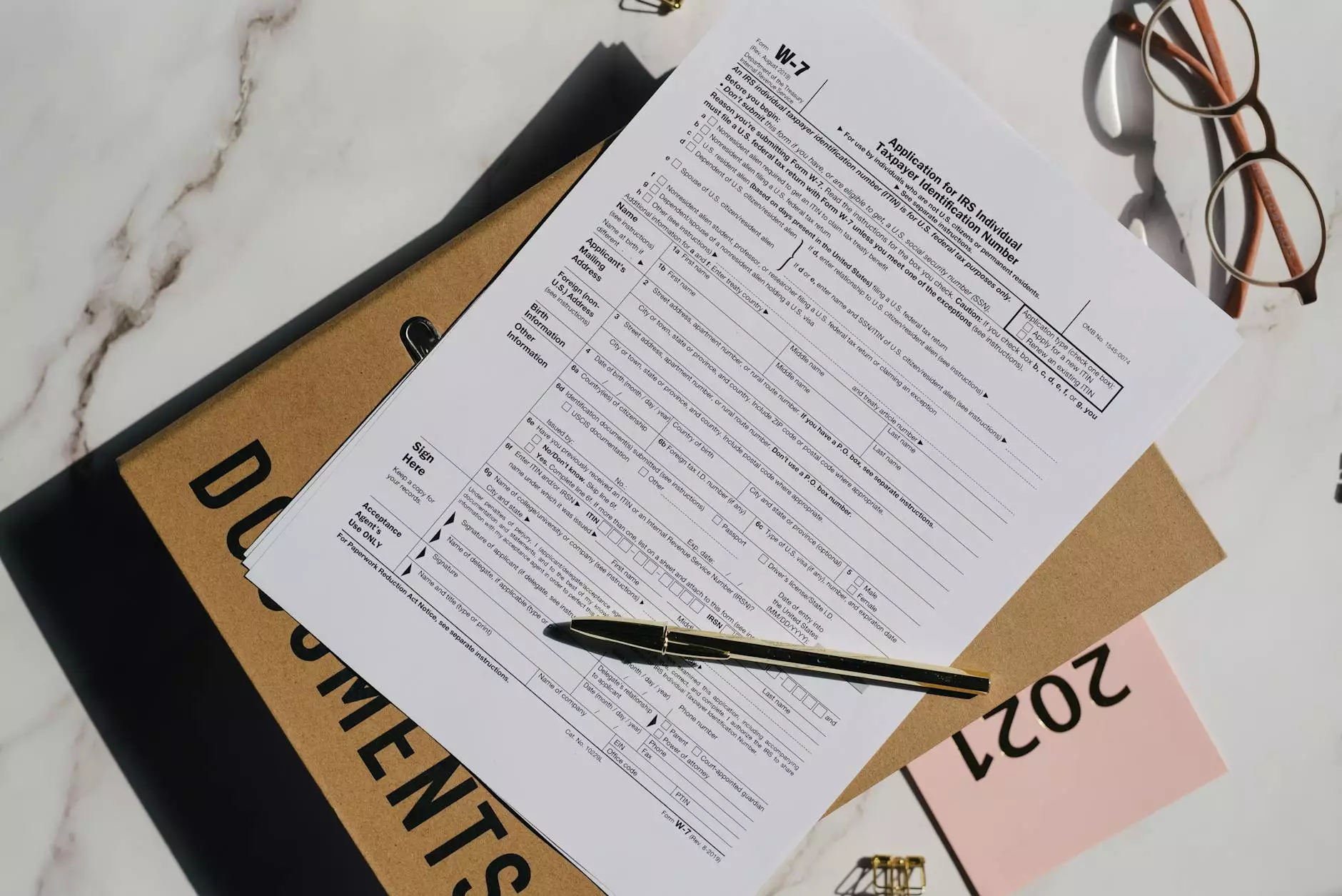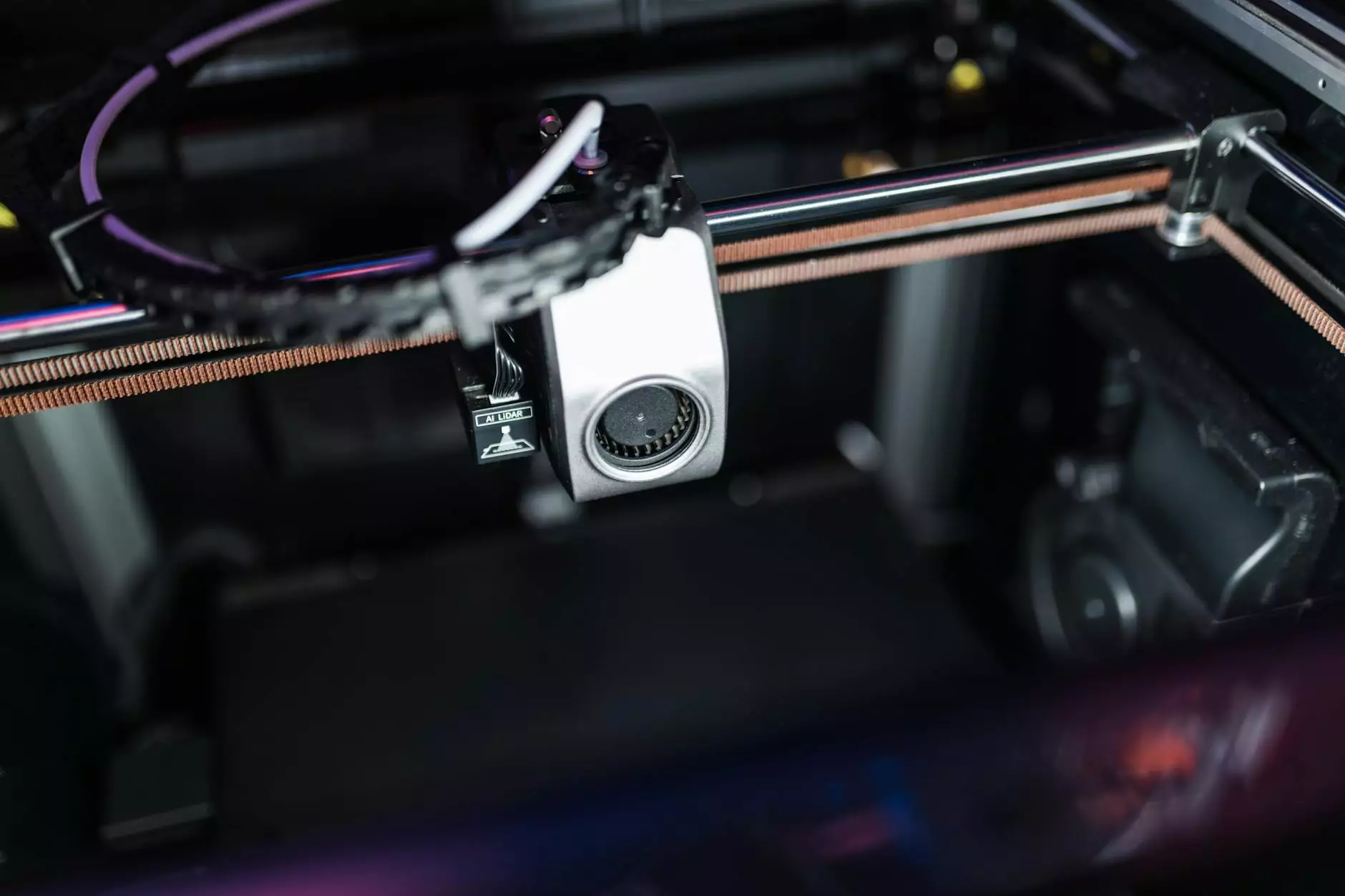The Crucial Role of Data Privacy Compliance in Modern Business

What is Data Privacy Compliance?
Data privacy compliance refers to the adherence to laws and regulations that govern the collection, storage, and processing of personal data. In an era where data reigns supreme, understanding these regulations is critical for any organization. Whether you operate a small business or a large corporation, compliance is not just optional—it's essential for maintaining trust and credibility.
The Importance of Data Privacy Compliance for Businesses
In today's digitized world, businesses handle vast amounts of personal data. Failing to comply with data privacy regulations can lead to severe consequences, including:
- Fines and Penalties: Non-compliance can result in hefty fines, which can be detrimental to a business’s financial health.
- Reputational Damage: Breaches or non-compliance can tarnish a company’s reputation, leading to lost customers and business opportunities.
- Legal Consequences: Businesses may face lawsuits from customers whose data was mishandled.
- Loss of Customer Trust: Consumers are increasingly aware of their data rights; non-compliance can erode trust and loyalty.
Key Regulations Governing Data Privacy Compliance
Understanding the key regulations surrounding data privacy compliance is crucial for any business operating in the digital landscape. Here are some of the most significant regulations:
1. General Data Protection Regulation (GDPR)
Enforced since May 2018, the GDPR sets stringent guidelines for data collection and processing in the European Union. It emphasizes the need for transparency, user consent, and the right to data access and deletion.
2. California Consumer Privacy Act (CCPA)
The CCPA, effective from January 2020, gives California residents more control over their personal data. Businesses must inform users about the data collected, its purpose, and the rights users have regarding their data.
3. Health Insurance Portability and Accountability Act (HIPAA)
HIPAA is crucial for healthcare providers, ensuring that patients' health information is kept confidential and secure. Compliance is mandatory for any organization that handles health records.
Steps to Achieve Data Privacy Compliance
Achieving data privacy compliance may seem daunting, but by following a structured approach, businesses can navigate this complex landscape effectively. Here are essential steps to consider:
- Conduct a Data Audit: Begin by assessing what personal data is collected, how it’s used, and where it’s stored. This audit should cover all aspects of data handling within the organization.
- Establish Data Management Policies: Develop clear policies that dictate how data should be managed, processed, and shared within the organization. Ensure that these policies comply with all relevant laws and regulations.
- Implement Technical Safeguards: Utilize advanced security measures such as encryption and firewalls to protect sensitive data from breaches and unauthorized access.
- Train Employees: Ensure that all employees are aware of data privacy policies and understand their role in maintaining compliance. Regular training sessions can help reinforce these principles.
- Monitor Compliance Continuously: Compliance is not a one-time effort. Regularly review and adjust data privacy practices in response to new regulations and organizational changes.
Data Privacy Compliance: Challenges and Solutions
While businesses recognize the importance of data privacy compliance, they often face challenges in implementation. Here are common issues and potential solutions:
1. Keeping Up with Regulations
The landscape of data privacy regulations is constantly evolving. Businesses can address this challenge by establishing a dedicated compliance team that stays informed about new laws and amendments.
2. Resource Constraints
Smaller businesses may lack the resources to implement robust compliance measures. Partnering with IT service providers, like Data Sentinel, can help these businesses leverage expert knowledge and tools at a reasonable cost.
3. Balancing Usability and Compliance
Striking a balance between usability and compliance can be tricky. To manage this, businesses must design data privacy procedures that minimize friction for users while safeguarding their data rights.
The Future of Data Privacy Compliance
As technology continues to advance, data privacy compliance will become increasingly complex. Emerging trends such as enhanced surveillance technologies and the expansion of the Internet of Things (IoT) will challenge existing compliance frameworks. Businesses must stay proactive, adapting their strategies to new threats and regulations. Those that prioritize data privacy compliance can turn this challenge into an opportunity, setting themselves apart as trusted leaders in their respective industries.
Conclusion: Emphasizing the Necessity of Data Privacy Compliance
In conclusion, data privacy compliance is not just a legal obligation; it is a crucial aspect of business strategy that can foster trust and loyalty among customers. By understanding the importance of compliance, navigating regulatory frameworks, and implementing effective strategies, businesses can protect themselves—both legally and reputationally. Consulting with experts from firms like Data Sentinel equips organizations with the tools and knowledge needed to thrive in this landscape, ensuring that they not only comply but exceed expectations in the realm of data privacy.
Contact us at Data Sentinel for top-notch IT services and computer repair, alongside data recovery solutions tailored for your business's needs. Together, let's secure your data and ensure compliance.









